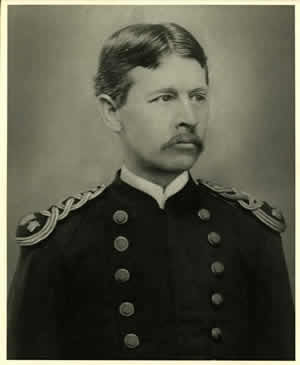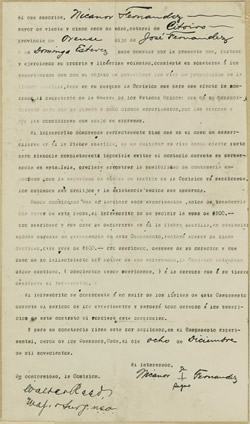The Legacy of Walter Reed
U.S. Army Maj. Walter Reed (1851-1902)
Maj. Walter Reed's celebrated research into the causes of typhoid and yellow fever - including the landmark discovery that yellow fever is transmitted by mosquitoes - has saved countless human lives.
In 1893, Reed became curator of the Army Medical Museum (now the National Museum of Health and Medicine) and professor of clinical microscopy at the Army Medical School (now the Walter Reed Institute of Research). In 1898, he investigated the typhoid fever epidemic, expanding our understanding of how this disease spreads. Just a year later, he described how yellow fever, one of the most dreaded tropical diseases, is transmitted.
Although Reed died more than a century ago, his name and legacy persist.
Selected Object(s):
 An official website of the United States government
An official website of the United States government
 ) or https:// means you've safely connected to the .mil website. Share sensitive information only on official, secure websites.
) or https:// means you've safely connected to the .mil website. Share sensitive information only on official, secure websites.




